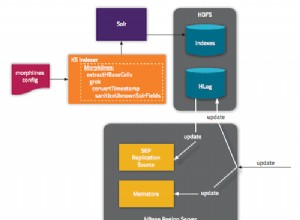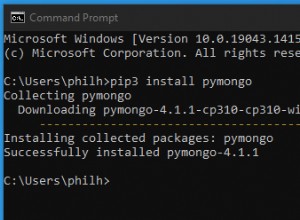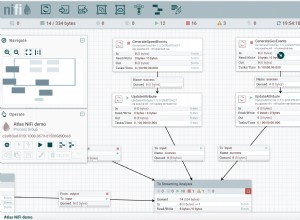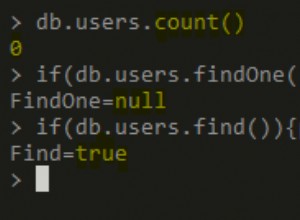Non esiste un comando integrato per questo:le tue opzioni sono tirare i due elenchi ed eseguire il confronto (per diff) nel client, oppure scrivere uno script Lua che viene eseguito con EVAL comando per eseguirlo lato server. Ecco un esempio per uno script del genere:
--[[
LDIFF key [key ...]
Returns the elements in the first list key that are also present in all other
keys.
]]--
-- A utility function that converts an array to a table
local function a2t(a)
local t = {}
for i, v in ipairs(a) do
t[v] = true
end
return t
end
-- A utility function that converts a table to an array
local function t2a(t)
local a = {}
for k, _ in pairs(t) do
a[#a+1] = k
end
return a
end
-- main
local key = table.remove(KEYS,1)
local elems = a2t(redis.call('LRANGE', key, 0, -1))
-- iterate remaining keys
while #KEYS > 0 do
key = table.remove(KEYS,1)
local check = a2t(redis.call('LRANGE', key, 0, -1))
-- check each element in the current key for existence in the first key
for k, _ in pairs(elems) do
if check[k] then
elems[k] = nil
end
end
end
-- convert the table to an array and reply
return t2a(elems)
Eseguendo questo con redis-cli assomiglia a questo:
$ redis-cli LPUSH key1 value1 value2 value3
(integer) 3
$ redis-cli LPUSH key2 value1 value3 value4
(integer) 3
$ redis-cli --eval ldiff.lua key1 key2
1) "value2"




